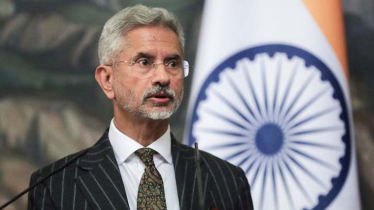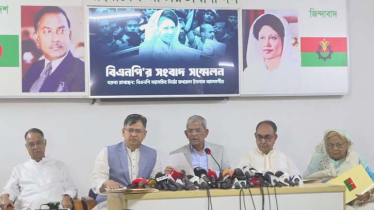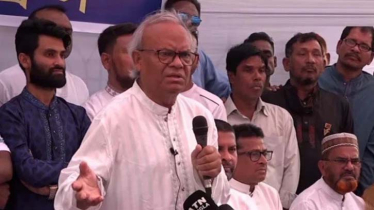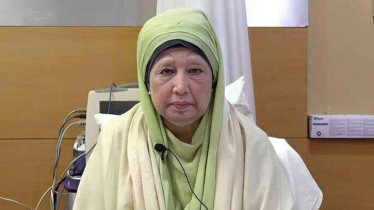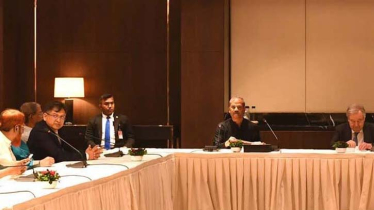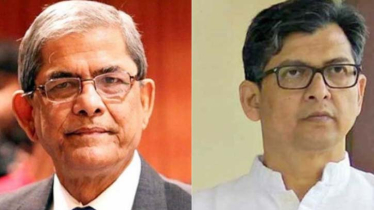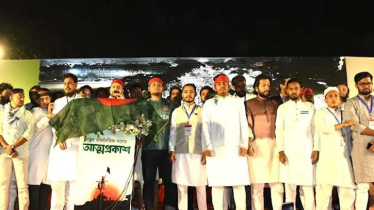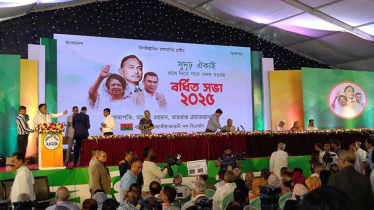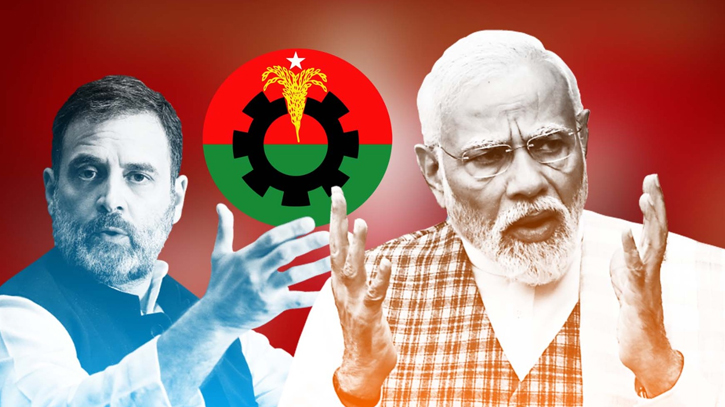
Photo: Collected
Narendra Modi has been sworn in as the Prime Minister of the world's largest democracy on Saturday for the third consecutive term. This time, the Bharatiya Janata Party (BJP) failed to secure a single-party majority. Analysing the election results, it appears that the people of India have conditionally entrusted Narendra Modi with the responsibility of a prime minister. Meanwhile, various quarters of politics and diplomacy are abuzz with controversy over Modi's 'partner-dependent' victory. Indian media reports suggest that Modi failed to generate a Hindutva wave at the ballot box.
America's mainstream media has described this outcome as a significant setback for Modi and his party. The New York newspaper wrote, "Modi has lost his 'invincible' image." A London newspaper claims, "India's poorest voters stand in the way of Modi's big win." Reports in Germany and France indicated that the 73-year-old Indian Prime Minister must be very disappointed.
Amid such news at home and abroad, discussion and criticism ongoing in the politics of Bangladesh regarding the formation of the Indian government. The BNP, one of the country's major political parties, considers it a significant message for the ruling Awami League. They argue that India's inability to interfere with the power due to the independence of the Election Commission and law enforcement forces is a crucial factor. The BNP suggests that if the Election Commission in Bangladesh were similarly independent, the ruling party's situation could have been worsen.
They also note that even though Modi is forming the government this time, he will face considerable pressure. The power cannot be managed like that of 2014 and 2019 in the same way. Historically, those who have formed 'partner-dependent' or coalition governments in India have faced challenges mid-term. Often, these governments have collapsed due to alliance failures. There are ominous signs for the new journey of the Modi government, indicating potential difficulties ahead.
BNP Vice Chairman Advocate Nitai Roy Chowdhury told The Daily Messenger that the Election Commission of India and law enforcement agencies are independent. As a result, the people were able to vote democratically, and the Modi government, despite being in power twice, could not intervene, leading to their failure to secure a single-party majority. Now, the government must be formed with coalition partners. He noted that the history of coalition governments in India is not new and is worrisome because many such governments in the past have collapsed midway.
BNP Senior Joint Secretary General Ruhul Kabir Rizvi told The Daily Messenger that India's election is a breath of relief for democracy lovers. He expressed concern that a larger BJP victory would have furthered the rise of fascism. The people of India, according to him, have blocked this. He highlighted that in Bangladesh, those who desire democracy are currently victims of the anger and violence of Awami League leaders and ministers. Rizvi emphasised that democracy must be restored to end this situation.
Messenger/Fameema

